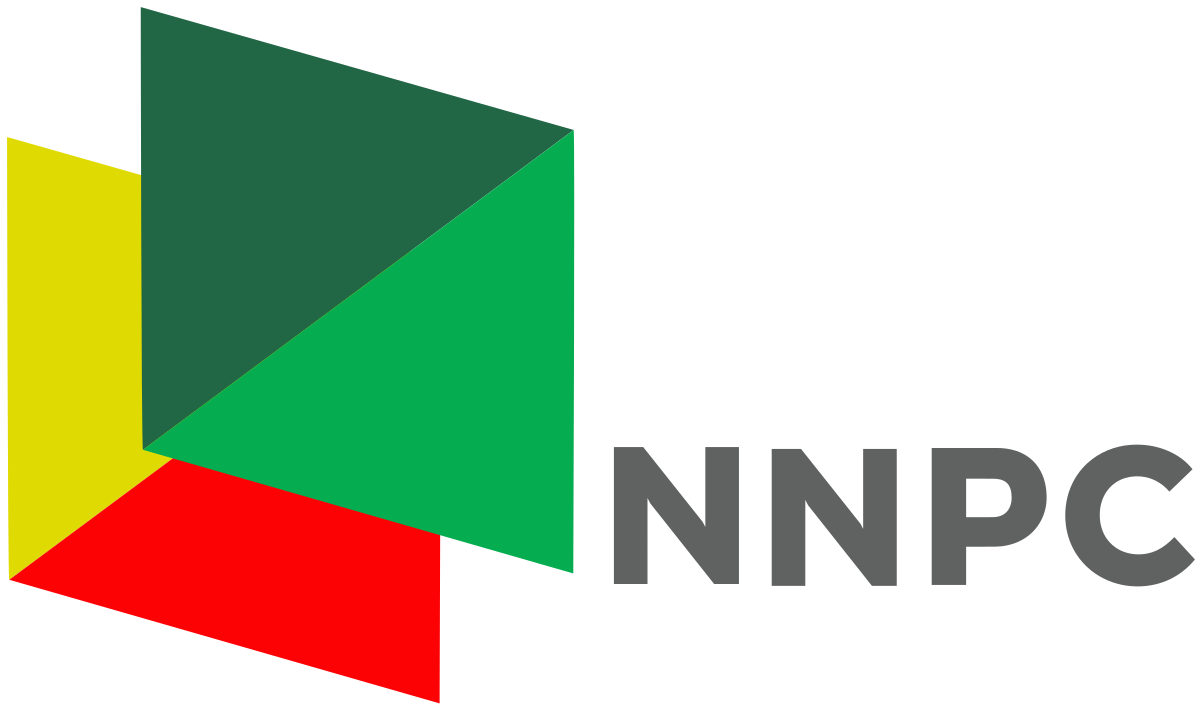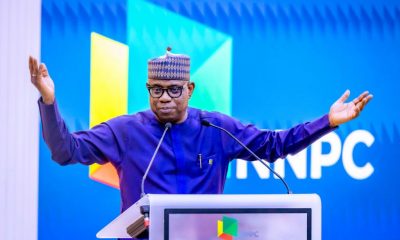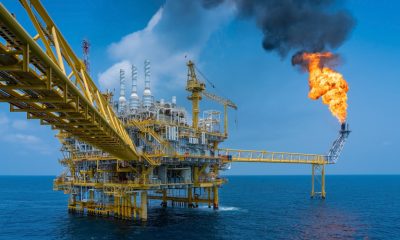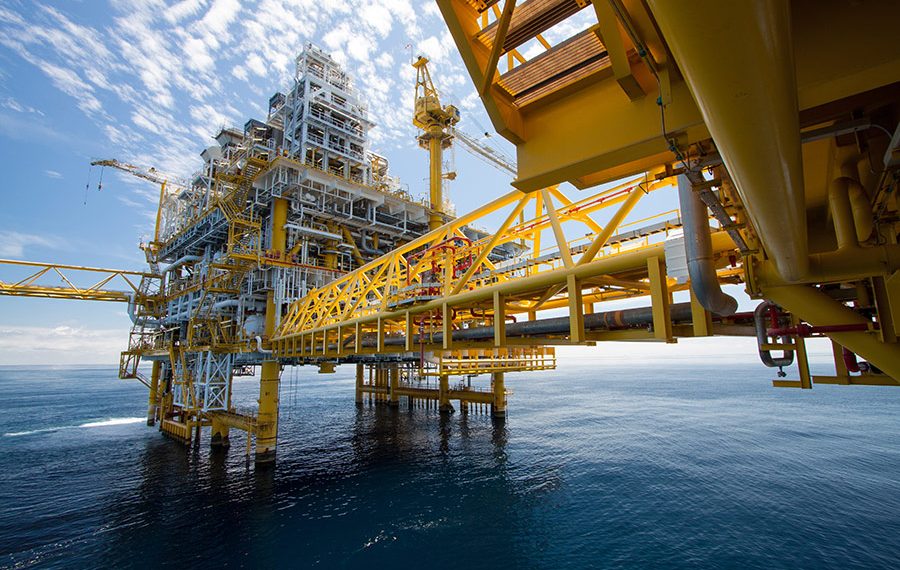Economy
NNPC Gets $2b Discount on Renegotiated Deals
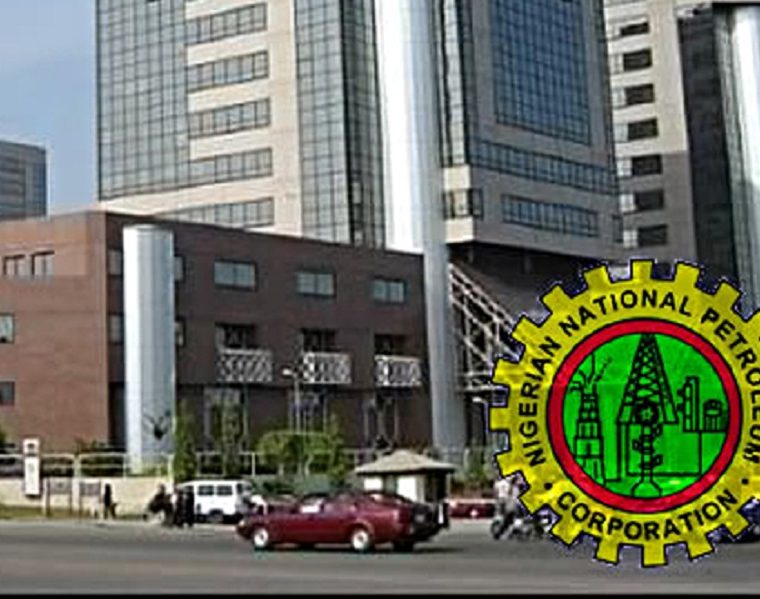
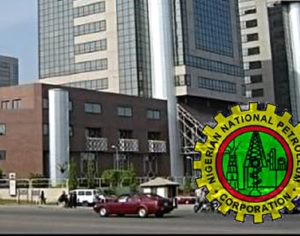
By Dipo Olowookere
Not less than $2 billion has been realised by the Nigerian National Petroleum Corporation (NNPC) from renegotiated upstream contracts being executed by its various service providers in the last one.
This information was disclosed on Tuesday by the Group Managing Director of the NNPC, Mr Maikanti Baru, in a podcast message to the agency’s staff to mark his first year in office.
Mr Baru explained that this feat was achieved in the quest to continually drive down the high cost of production in the industry.
The state-owned oil firm boss said at the moment, NNPC had lowered operating costs of production from $27/barrels to $22/barrels.
“For the upstream, cost reduction and efficiency are key features that we will pay attention to,” he said in the 25-minute podcast.
On July 4, 2016, Mr Baru took over the mantle of leadership of NNPC from the present Minister of State for Petroleum Resources, Mr Ibe Kachikwu.
Since then, he has carried out various reforms, projecting the agency as a serious government organisation. He has also been able to make petroleum products available across the country.
Speaking during the podcast, Mr Baru directed that focal points for efficiency in each of the corporation’s Autonomous Business Units (ABUs), and Corporate Services Units (CSUs), be identified to ensure the realization of the key performance indicators enshrined in the 2017 budget, adding that the NNPC must attain a six-month contracting cycle.
Speaking further on the achievement of NNPC in the past one year with him at the helms of affairs, the NNPC chief executive said there had been a significant increase in crude oil reserves and production, stressing that during the period, the national average daily production was 1.83 million barrels of oil and condensate while currently, the Year-To-Date 2017 average production hovers around 1.88 million barrels.
He said with the improvement in security and resumption of production operation on the Forcados Oil Terminal (FOT) and Qua Iboe Terminal (QIT) pipelines, the average national production was expected to increase and surpass 2017 target of 2.2 million barrels of oil and condensate per day.
The GMD stated that in October last year, the Owowo Field, located close to the producing ExxonMobil-operated Usan Field was found, adding that the Field’s location could allow for early production through a tie-back to the Usan Floating Production Storage and Offloading (FPSO).
The field, he noted, had added a current estimated reserves of one billion barrels to the national crude oil reserves.
He noted that the corporation had grown the production of the Nigerian Petroleum Development Company (NPDC), NNPC’s flagship upstream company, from 15,000 barrels of oil per day (bopd) to the current peak-operated volume of 210,000bopd in June 2017.
He stated that the ownership of Oil Mining Licence, OML13 had been restored to NPDC following a presidential intervention, with first oil from the well expected before the end of the year.
The GMD said the confidence of the NNPC JV partners to pursue new projects had been rekindled following the repayment agreements for JV cash call arrears that were negotiated and executed for outstanding up to end 2015 by all the IOC Partners of the Corporation’s Joint Venture Companies (JVCs).
In the gas sector, the GMD said gas supply to power plants and industries in the country had been significantly increased.
Mr Baru listed the accomplishments of the corporation in the sector to include: completion of the repairs of the vandalized 20” Escravos Lagos Pipeline System A (ELPS –A) in August 2016 which ramped up Chevron Escravos Gas plant supply from nil to 259MMscfd and the completion of repairs of the vandalized Chevron offshore gas pipeline in February 2017 which equally peaked the company’s gas supply to 430MMscfd.
Other accomplishments under this category are: the completion of repair works on the vandalized 48” Forcados Oil Terminal (FOT) export gas pipeline in June 2017, which had reactivated shut down gas plants, including Oredo Gas Plant, Sapele Gas Plant, Ovade Gas Plant, Oben and NGC Gas Compressors; and the commissioning of NPDC’s Utorogu NAG2 and Oredo EPF 2 gas plants.
The GMD explained that the concomitant effect of the efforts was a significant growth in domestic gas supply in the last few months, adding that during the period, domestic gas supply had increased from an average of 700MMscf in July 2016 to an average of 1,220MMscfd currently, with about 75 per cent of the volume supplied to thermal power plants.
“A lot of Generation Companies (GENCOs) are rejecting gas due to the inability of Transmission Company of Nigeria (TCN), to wheel-out the power generated,” Mr Baru said.
He informed that since his assumption of office a year ago, resources had been deployed to the Benue Trough, with exploration efforts commenced there in earnest.
He explained that seismic data acquisition was ongoing in the frontier region using the services of Integrated Data Services limited, IDSL, and her partners to pursue Government’s aspiration to grow the reserves base of the country.
The GMD stated that drilling activities were expected to commence in Benue Trough in Q4 this year.
He said, “We are working with the security agencies for an early return to the Chad Basin. Drilling activities will be a priority on resumption while continuing with seismic data acquisition with improved parameters.”
In the downstream sector, Mr Baru explained that in the last one year, NNPC had stabilized the market with sufficient products availability across the country through modest local refining efforts as well as the Direct Supply Direct Purchase (DSDP) scheme, which he observed had saved the nation about N40billion in 2017.
“We have also commenced the resuscitation of our products transportation pipelines network, thus enabling us move products to depots at faster rate and cheaper distribution costs to consumers. The Aba, Mosimi, Atlas-Cove and Kano Depots have all been re-commissioned and are currently receiving products, thereby enhancing products availability across the country,” the GMD said.
Mr Baru said in the last one year, NNPC had improved capacity utilization of the refineries with the projection that they would attain supplying 50 per cent of the non-gasoline white products to the nation, including diesel and kerosene that are commonly consumed in the country.
The GMD said after more than seven years of dormancy, the Asphalt Blowing Unit of the Kaduna Refining and Petrochemical Company (KRPC) was resuscitated to meet road construction needs in the country.
He declared that efforts were ongoing to secure 3rd party financing to revamp the refineries to their full operational capacities.
Drawing his address to a close, Mr Baru disclosed that the overwhelming support he received from the agency’s staff and the industry’s in-house unions; Nigerian Union of Petroleum and Natural Gas Workers (NUPENG), and Petroleum and Natural Gas Senior Staff Association of Nigeria (PENGASSAN) contributed to the successes recorded by NNPC management under his leadership in the past year.
“I look forward to your continued cooperation and support as we navigate the corporation out of its current challenges towards profitability with integrity and transparency,” the GMD stated.
Economy
Nigerian Stocks Further Lose 0.38% as Cautious Trading Persists
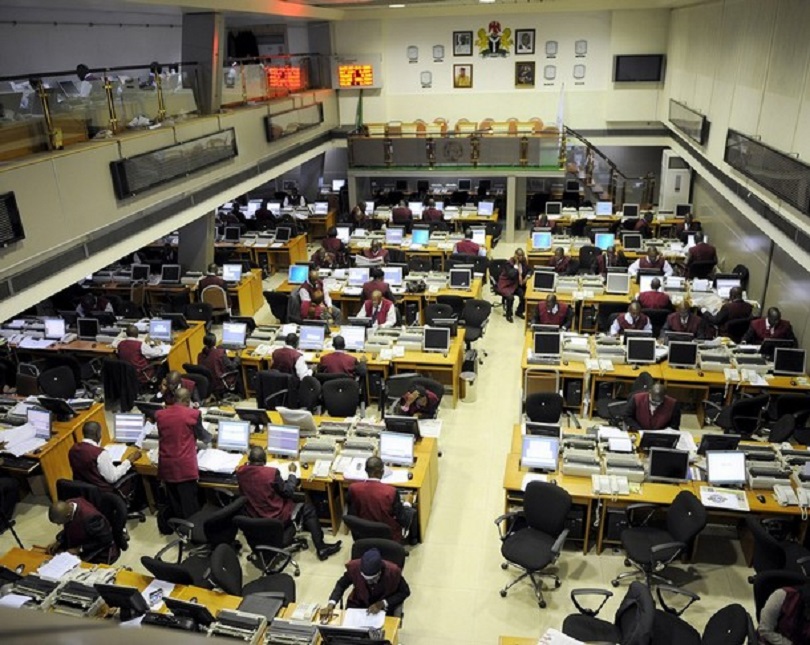
By Dipo Olowookere
The absence of a positive trigger left Nigerian stocks 0.38 per cent deeper in the bears’ territory on Friday, as investors embarked on cautious trading.
Two of the five major sectors tracked by Business Post finished in red on the last trading session of this week, with the industrial goods down by 2.44 per cent, and the energy down by 0.26 per cent due to profit-taking.
However, bargain-hunting raised the insurance sector by 1.52 per cent, the banking index increased by 0.79 per cent, and the consumer goods sector expanded by 0.28 per cent.
When the closing gong was struck yesterday, the All-Share Index (ASI) of the Nigerian Exchange (NGX) Limited crashed by 741.04 points to 192,826.77 points from 193,567.81 points, and the market capitalisation lost N476 billion to close at N123.763 trillion compared with the previous day’s N124.239 trillion.
According to data from Customs Street, Mecure gave up 9.97 per cent to trade at N75.85, Meyer depreciated by 9.90 per cent to N18.65, DAAR Communications crumbled by 9.83 per cent to N2.11, Champion Breweries staggered by 6.49 per cent to N18.00, and Dangote Cement crashed by 6.09 per cent to N779.00.
Conversely, Sovereign Trust Insurance gained 9.95 per cent to settle at N2.21, RT Briscoe improved by 9.93 per cent to N12.51, NGX Group expanded by 9.78 per cent to N124.00, Ellah Lakes surged by 9.70 per cent to N13.00, and Omatek chalked up 9.70 per cent to sell for N2.60.
A total of 44 shares finished on the gainers’ chart during the session, while 25 shares ended on the losers’ table, representing a positive market breadth index and strong investor sentiment.
The activity chart showed that 823.8 million stocks valued at N34.8 billion exchanged hands in 63,759 deals during the session versus the 868.5 million stocks worth N31.5 billion traded in 69,310 deals on Thursday.
This indicated that the value of transactions increased by 10.48 per cent, the volume of trades declined by 5.15 per cent, and the number of deals dipped by 8.01 per cent.
The busiest equity on Friday was Fortis Global Insurance, which sold 146.6 million units for N137.3 million, Zenith Bank transacted 79.4 million units valued at N7.1 billion, Japaul exchanged 57.2 million units worth N225.1 million, Jaiz Bank traded 49.5 million units valued at N589.3 million, and Access Holdings exchanged 44.8 million units worth N1.2 billion.
Economy
Nigeria’s Economy Expands 4.07% in Q4 2025

By Adedapo Adesanya
Nigeria’s economy, measured by gross domestic product (GDP), grew by 4.07 per cent (year-on-year) in real terms in the fourth quarter (Q4) of 2025.
The National Bureau of Statistics (NBS) announced the development in its latest GDP report for Q4 2025 on Friday.
The latest figure represents an improvement over the 3.76 per cent growth recorded in the corresponding period of 2024, signalling sustained recovery across key sectors of the economy. The growth rate was faster than the third quarter’s 3.98 per cent.
The report confirmed that Nigeria’s oil sector grew 6.79 per cent year-on-year and the non-oil part of the economy expanded by 3.99 per cent.
Nigeria’s average daily oil production stood at 1.58 million barrels per day in the final three months of 2025. That was lower than the third quarter’s output of 1.64 million barrels per day but higher than the 1.54 million barrels per day in the fourth quarter of 2024.
Breakdown of the data showed that the agriculture sector grew by 4.00 per cent in the fourth quarter of 2025. This marks a significant increase compared to the 2.54 per cent growth recorded in the same quarter of 2024, reflecting improved output and resilience in the sector.
The industry sector also recorded a stronger performance during the period under review. It grew by 3.88 per cent year-on-year, up from 2.49 per cent posted in the fourth quarter of 2024. The improvement suggests enhanced activity in manufacturing, construction, and related industrial sub-sectors.
The services sector maintained its position as a major growth driver, expanding by 4.15 per cent in Q4 2025. However, this was slightly lower than the 4.75 per cent growth recorded in the corresponding quarter of the previous year.
Overall, the 4.07 per cent GDP growth in the final quarter of 2025 underscores broad-based expansion across agriculture, industry, and services, despite a marginal moderation in services growth.
The Q4 performance provides further evidence of strengthening economic momentum, with improvements recorded in both agriculture and industry compared to the previous year.
Economy
Flour Mills Supports 2026 Paris International Agricultural Show

By Modupe Gbadeyanka
For the second time, Flour Mills of Nigeria Plc is sponsoring the Paris International Agricultural Show (PIAS) as part of its strategies to fortify its ties with France.
The 2026 PIAS kicked off on February 21 and will end on March 1, with about 607,503 visitors, nearly 4,000 animals, and over 1,000 exhibitors in attendance last year, and this year’s programme has already shown signs of being bigger and better.
The theme for this year’s event is Generations Solution. It is to foster knowledge transfer from younger generations and structure processes through which knowledge can be harnessed to drive technological advancement within the global agricultural sector.
In his address on the inaugural day of the Nigerian Pavilion on February 23, the Managing Director for FMN Agro and Director of Strategic Engagement/Stakeholder Relations, Mr Sadiq Usman, said, “At FMN, our mission is Feeding and Enriching Lives Every Day.
“This is a mandate we have fulfilled through decades of economic shifts, rooted in a culture of deep resilience and constant innovation. We support this pavilion because FMN recognises that the next frontier of global Agribusiness lies in high-level technical exchange.
“We thank the France-Nigeria Business Council (FNBC), the organisers of the PIAS, and our fellow members of the Nigerian Pavilion – Dangote, BUA, Zenith, Access, and our partners at Creativo El Matador and Soilless Farm Lab— we are exceedingly pleased to work to showcase the true face of Nigerian commerce.”
Speaking on the invaluable nature of the relationship between Nigeria and France, and the FMN’s commitment to process and product innovation, Mr John G. Coumantaros, stated, “The France – Nigeria relationship is a valuable partnership built on a shared value agenda that fosters remarkable Intercontinental trade growth.
“Also, as an organisation with over six decades of transformational footprint in Nigeria and progressively across the African Continent, FMN has been unwaveringly committed to product and process innovation.
“Therefore, our continuous partnership with France for the success of the Paris International Agricultural Show further buttresses the thriving relationship between both countries.”
PIAS is one of the most widely attended agricultural shows, with thousands of people from across the world in attendance.
-

 Feature/OPED6 years ago
Feature/OPED6 years agoDavos was Different this year
-
Travel/Tourism10 years ago
Lagos Seals Western Lodge Hotel In Ikorodu
-

 Showbiz3 years ago
Showbiz3 years agoEstranged Lover Releases Videos of Empress Njamah Bathing
-

 Banking8 years ago
Banking8 years agoSort Codes of GTBank Branches in Nigeria
-

 Economy3 years ago
Economy3 years agoSubsidy Removal: CNG at N130 Per Litre Cheaper Than Petrol—IPMAN
-

 Banking3 years ago
Banking3 years agoSort Codes of UBA Branches in Nigeria
-

 Banking3 years ago
Banking3 years agoFirst Bank Announces Planned Downtime
-

 Sports3 years ago
Sports3 years agoHighest Paid Nigerian Footballer – How Much Do Nigerian Footballers Earn


